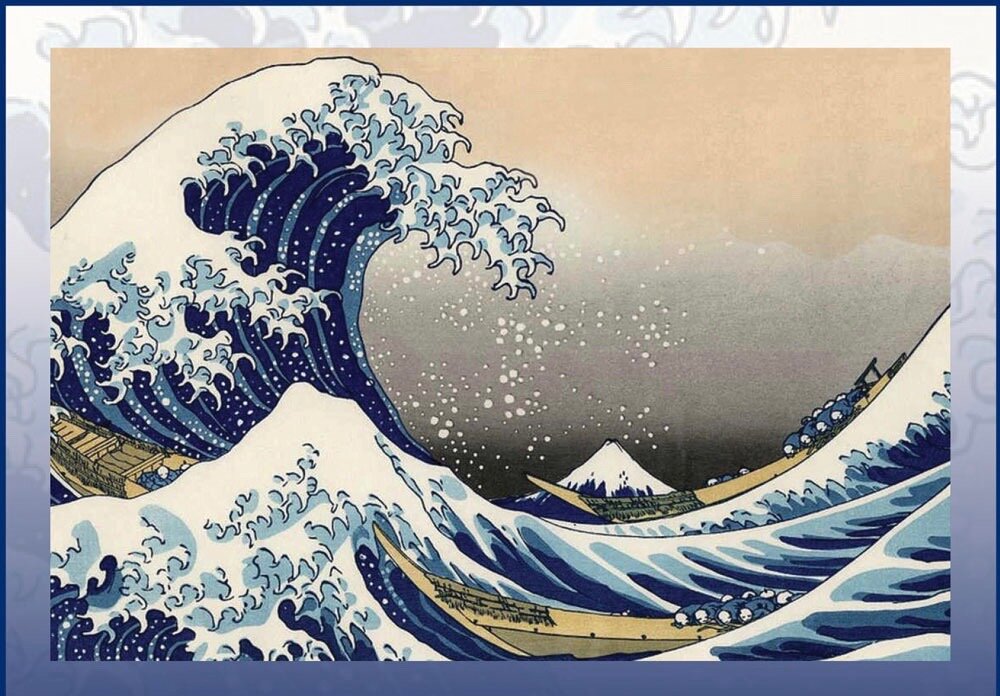I’ve been pondering this phrase from Pema Chodron’s book Comfortable with Uncertainty that has been with me all week.
“Never underestimate the power of compassionately recognizing what’s going on.”
It’s from a chapter called “Slogan: If you can practice even when distracted, you are well trained.” She goes on to say, “If we can practice when we’re jealous, resentful, scornful, when we hate ourselves, then we are well trained. Again, practice means not continuing to strengthen the habitual patterns that keep us trapped; doing anything we can to shake up and ventilate our self-justification and blame. We do our best to stay with the strong energy without acting out or repressing. In so doing, our habits become more porous.”
Her phrase “without acting out or repressing” is a reminder of the Buddha’s Middle Way. He was talking about the extremes of over-indulgence or self-mortification and "acting out" or “repressing" can be seen in this light too. "Acting out" is our tendency to blame others or to lash out at those closest to us when we’re upset. Or perhaps speaking harshly to a neutral other such as a bank clerk or a customer service representative. Maybe that’s the more extraverted path. “Repressing” is our more introverted tendency to blame ourselves, say it doesn’t matter, pretend nothing happened and we’re not having any feelings about it, or simply bury so that even we don’t know anything happened. Except we don’t feel good.
These two extremes come into play more frequently when some strong feeling has arisen around a disturbing event. And this brings me back to Pema Chodron’s wonderful phrase, “Never underestimate the power of compassionately recognizing what’s going on.” The power of that process comes in both aspects of that sentence. The one most easily understood and hardest to practice is that of bringing an active compassion to ourselves for these disturbing feelings we have. Until it becomes a deeply grooved habit, this compassion towards self is something we have to remember to practice towards ourselves and to monitor to see if our compassion practice is as wholehearted as we can make it in that moment.
The second aspect is equally important. “Recognizing what is going on.” The word “recognizing” implies that we’ve been here before - this is a familiar territory, an old feeling, a pattern. From our MBSR training, an automatic habitual reaction. It has automaticity to it.
If we can turn towards our more difficult feelings or experiences and look into them more deeply, we can begin to see their habitual nature - we can recognize, “Oh, yes, I’ve been down this path before.” And if we can bring compassion to ourselves for that habit pattern before we sweep it under the rug in denial, we can begin to see the underpinnings of the pattern more clearly - what it feels like, what thoughts arise, where is it in the body. Following these threads, we may begin to remember other times we felt this way or this pattern arose, and perhaps remember when it would arise when we were younger.
Eventually our investigation may yield up further truths. We may begin to recognize how impermanent the pattern is, it arises and then is gone. We may feel more fully the suffering in this pattern. And we may, with our compassion as our support, see that this pattern arose as a habit, not under our conscious control, not something we wanted to arise. And that lack of conscious control can help us see the impersonal nature of this pattern. As the Buddha taught, "This is not me. This is not mine. I am not this.”
All of these investigations help weaken the habit pattern and allow us to abandon the pattern, to let it go just a little bit more with each round of investigation until the pattern dissolves in the warm broth of our compassionate recognition - our awareness.

